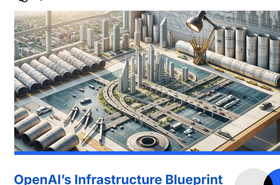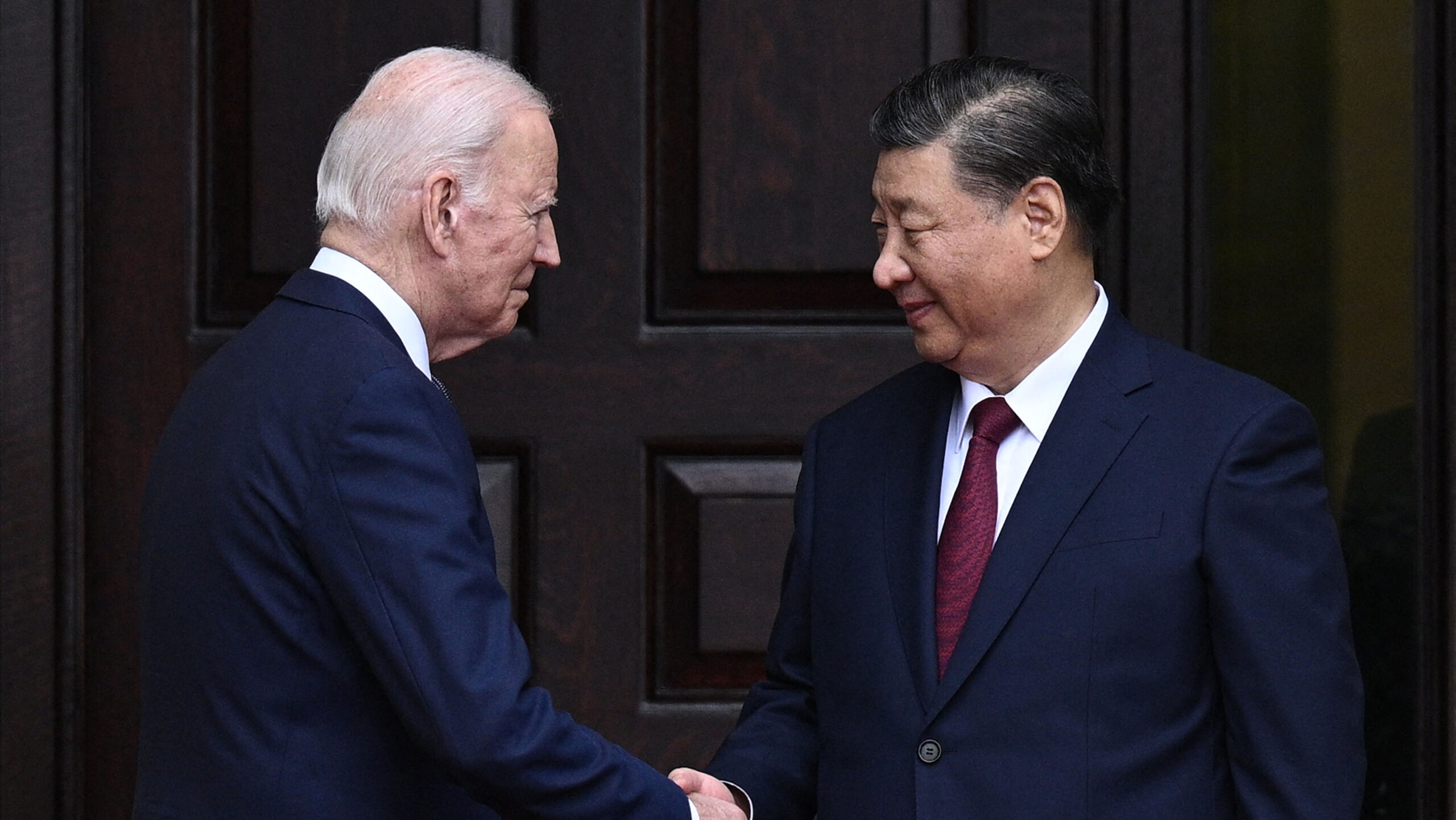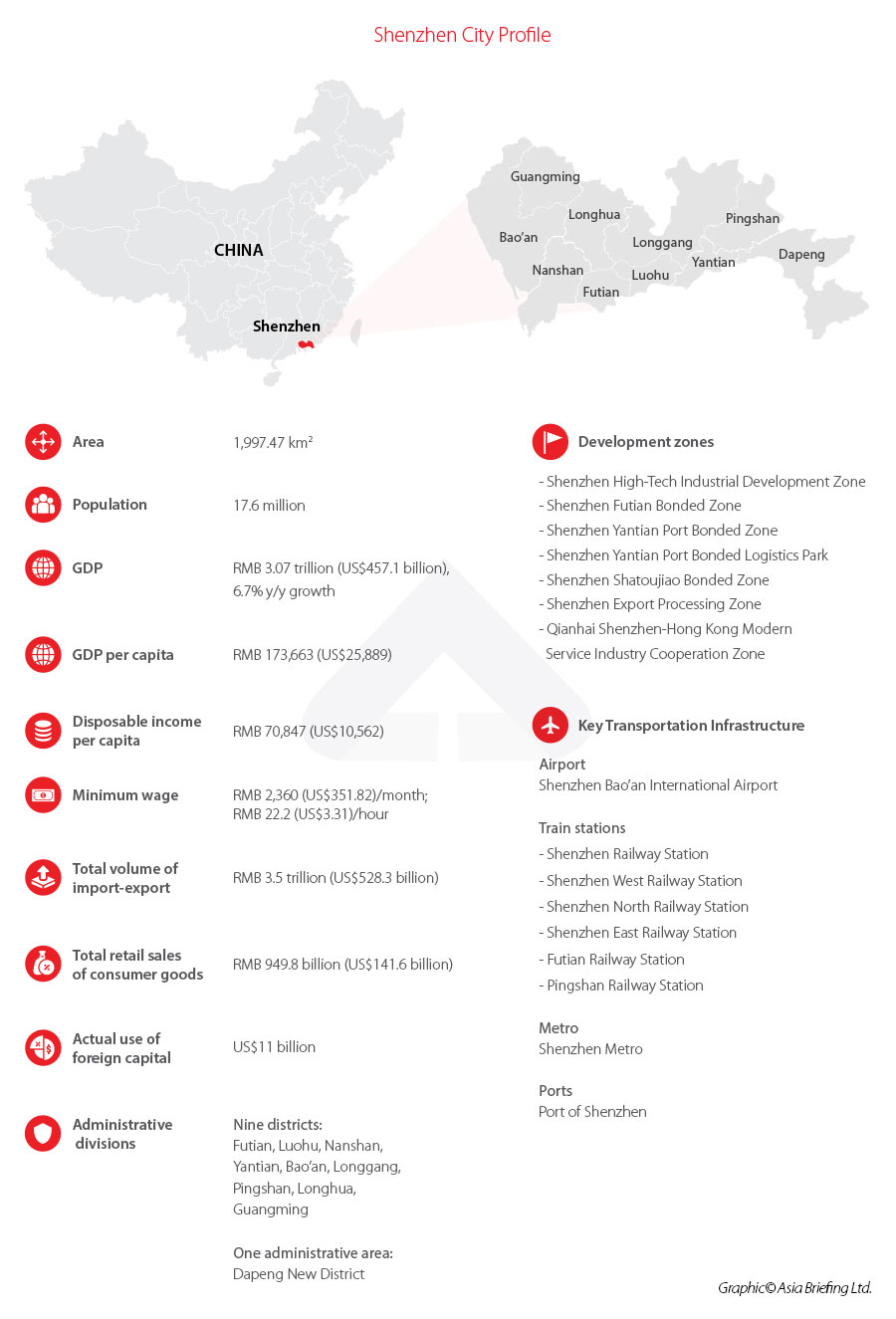OpenAI touts AI infrastructure 'blueprint' to outcompete China...
OpenAI has put together a comprehensive blueprint for artificial intelligence (AI) infrastructure, aiming to gain the attention of the incoming Trump administration and Congress. The company believes that this blueprint will help the United States maintain its edge in the field of AI, especially against competitors like China.
The Vice President of Global Affairs at OpenAI, Chris Lehane, introduced the "Infrastructure Blueprint for the U.S." during an event at the Center for Strategic and International Studies (CSIS). OpenAI sees the potential of AI as a significant opportunity to rejuvenate the American Dream and reindustrialize the United States.

According to OpenAI, investing in extending the current lead in AI in the U.S. will result in numerous skilled-trade jobs, increased productivity and GDP, an updated power grid with nuclear energy, cutting-edge semiconductor manufacturing facilities, and the emergence of new AI-driven businesses and entrepreneurial ventures.
OpenAI also advocates for U.S.-supported projects worldwide to attract the $175 billion currently held in global funds. They contrast these potential investments with China-backed projects, which they believe aim to restrict public access to AI, tighten government control, and enhance global influence.
Promoting American Competitiveness
The company stresses the need for a national strategy to ensure that investments in AI infrastructure benefit and protect American competitiveness and national security. OpenAI envisions a strategy that fosters developers, supports AI ecosystems, and secures America's leadership role in AI for the future.

To catalyze the development of AI infrastructure, OpenAI proposes the following initiatives:
- AI economic zones: Encouraging state and federal governments to incentivize states for expediting the approval of AI infrastructure projects and providing subsidies.
- National Transmission Highway Act: Advocating for funding to establish transmission infrastructure for AI, including optimized power grids and high-bandwidth data communications.
- Government backstops for high-value AI public works: Suggesting that the U.S. government can incentivize the private sector to invest in energy infrastructure projects with lowered credit risks.
- A North American Compact for AI: Proposing a pact among Western Hemisphere countries to enhance capital access, supply chains, and talent sharing.
- Tapping the expertise of the US nuclear Navy: Recommending the utilization of Navy expertise in constructing civilian Small Modular Reactors (SMRs).
OpenAI emphasizes that AI offers an opportunity to reindustrialize the U.S., drive economic growth, and reinforce national security against rising global competitors like China.

Congressional Response and Nuclear Energy
Congress has acknowledged the importance of understanding AI, with differing perspectives on how to approach the technology. OpenAI's sector expresses frustration with the pace at which Congress is addressing AI advancements.
Recently, Congress passed legislation to address challenges hindering nuclear energy development, reflecting a majority of Americans' support for expanding nuclear power generation. Despite this, nuclear reactor closures continue to surpass new constructions.
President-elect Donald Trump has expressed reservations about nuclear energy's safety, despite acknowledging successful implementations in countries like France. The potential for AI to shape the country's future while prioritizing democratic values and individual choice remains a key focus for OpenAI.
Original article source: OpenAI touts AI infrastructure ‘blueprint’ to outcompete China, bolster economy under incoming Trump admin



















